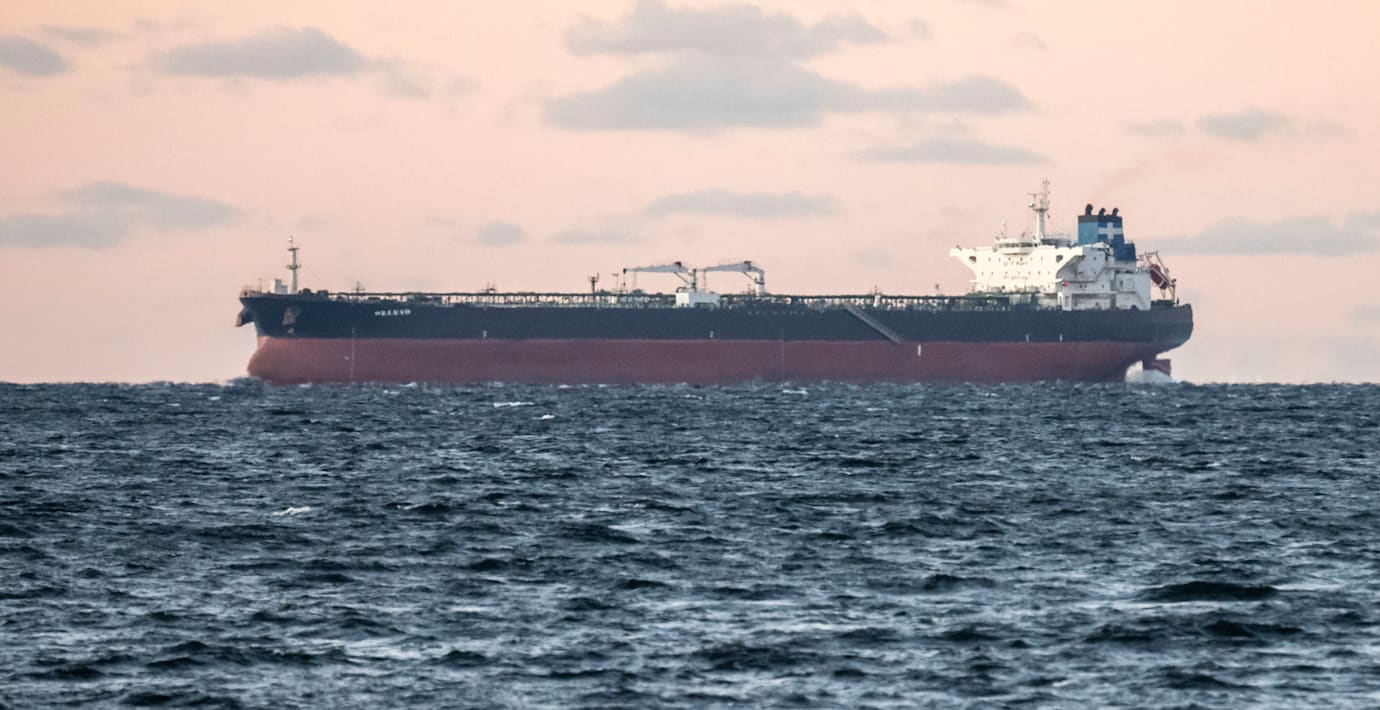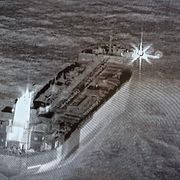Wikipedia (en)
A shadow fleet, also referred to as a dark fleet, is a "ship or vessel that uses concealing tactics to smuggle sanctioned goods". Shadow fleets are a direct response to international or unilateral economic sanctions. The term therefore more broadly refers to practices of sanction-busting in the maritime domain through the use of unregistered or fraudulent vessels. Goods commonly exported and imported include raw materials such as oil and iron, luxury goods, weapons and defense technologies, etc.
Shadow fleets use a wide range of techniques in a complex layer, aimed at obscuring their activities or keeping plausible deniability. Though those techniques are well documented and are similar across actors, they create enforcement problems for authorities due to lack of coordination, cooperation, or resources and political will. Moreover, shadow fleets operate in legal grey zones, often on the high seas beyond the jurisdiction of coastal states, making arrests and seizures difficult.
Since the Russian invasion of Ukraine in 2022, the Russian shadow fleet smuggling Russian oil for export has drawn renewed attention. This has led to growing concerns about the geopolitical impacts of such fleets, their significance with regards to sanctions' enforcement and efficacy, and the safety and security risks they create. Indeed, as 'dark' vessels use deceptive practices and often constitute ageing vessels, they "present a serious threat to maritime security, safety and the marine environment". The International Maritime Organization signaled its desire to create new enforcement mechanisms against grey ships, signing a resolution in October 2023 that defined for the first time the term 'dark' ship. It noted that:
a fleet of between 300 and 600 tankers primarily comprised of older ships, including some not inspected recently, having substandard maintenance, unclear ownership and a severe lack of insurance, was currently operated as a 'dark fleet' or 'shadow fleet' to circumvent sanctions and high insurance costs.




